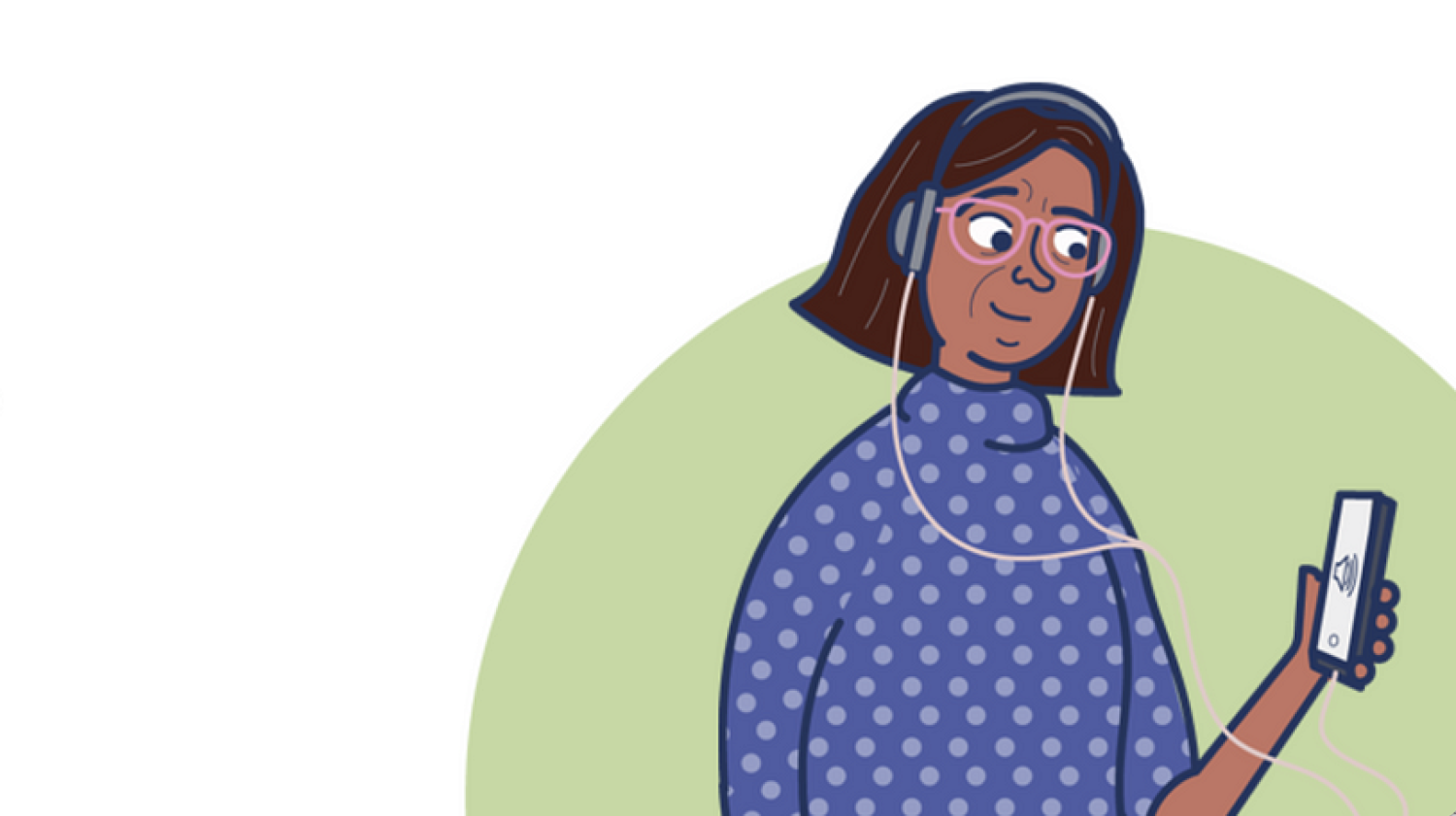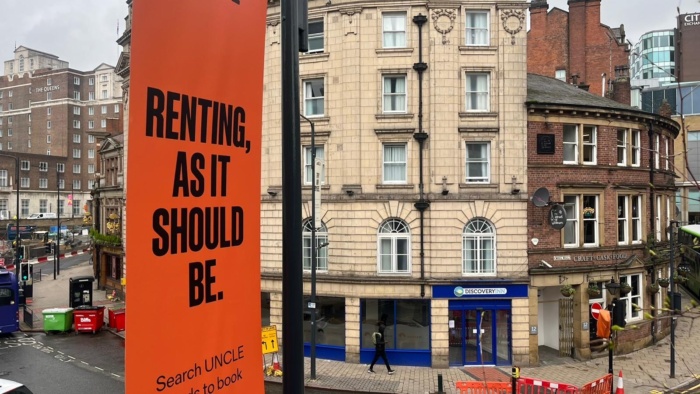
There are an estimated 12 million people in the UK who are deaf or have hearing loss. It affects 1 in 6 of us at some point in our lives. Treating hearing loss helps with loneliness, cognitive function, and improves social lives — so why do so many delay seeking treatment for it?
Hearing loss is commonly associated with old age, but can be down to a range of things from listening to loud music, ear diseases, or genetics. Whilst there isn’t a way to reverse hearing loss, there are effective ways to manage it, with the main clinical intervention being hearing aids.
When thinking about hearing aids, many of us probably think back to those bulky beige ear attachments that squeak when they’re broken. In reality, hearing aids have come a long way since then. Modern hearing aids are often invisible to others, so you’ll likely not know someone has one unless they’ve told you (which is one of the reasons why our perception of hearing aids hasn’t really changed).
Hearing aids benefit everyday situations like being able to hear better in a crowded restaurant, to emotional milestones like hearing your grandchild talk for the very first time. Some evidence even shows early detection can slow cognitive decline and research has found a link between hearing loss and dementia. But still, the stigma around hearing loss and hearing aids leads to people delaying treatment for, on average, 10 years.
We’ve been working with RNID to help more people take the first step on their hearing loss journey. RNID want to make it as normal to check your hearing as it is to check your eyesight or teeth, so more people can take action earlier on.

Last month, RNID launched their Check Your Hearing campaign to encourage more people to take their quick, free and easy online hearing testwhich can be used to detect whether someone has hearing loss in the comfort of their own home. Building on a programme of research and workshops with RNID, we made a series of recommendations about how behavioural science could be used to:
- Increase the number of people taking the test
- Encourage more people to take action if necessary
Over 83,000 people have used the free hearing check and it is now suggested on the NHS website. One example of a small tweak made as a result of our work was the addition of a counter to the hearing test page to let people know how many others are doing the test, helping it feel like a social norm. If other people are checking their hearing, you’re more likely to do it too.

Whilst addressing hearing problems can be a daunting thing, the test has been created to be easy to use and help people get over the initial hurdle — it explains who it’s for, how it works and what to expect up front.
After completing the check, RNID provides clear guidance and next steps so that getting support is quicker and easier. You can also share the check with family and friends to make sure your loved ones are taking care of their hearing health.
Why don’t you give it a go? It only takes 3 minutes:
https://rnid.org.uk/information-and-support/take-online-hearing-check/
Share
RELATED ARTICLES
Behavioural science

What my bangles taught me about changing behaviour
Honica reflects on the behavioural learnings from wearing her wedding bangles for 40 days
09/07/25
Read moreSustainability

What AI and climate change have in common
The unsettling parallels between AI and climate change (and how to stop history repeating itself)
23/04/25
Read moreCase study

Making rented homes better with behavioural interventions
Tasha reveals the 3 behavioural interventions we've launched targeting landlords in Leeds
27/11/24
Read more